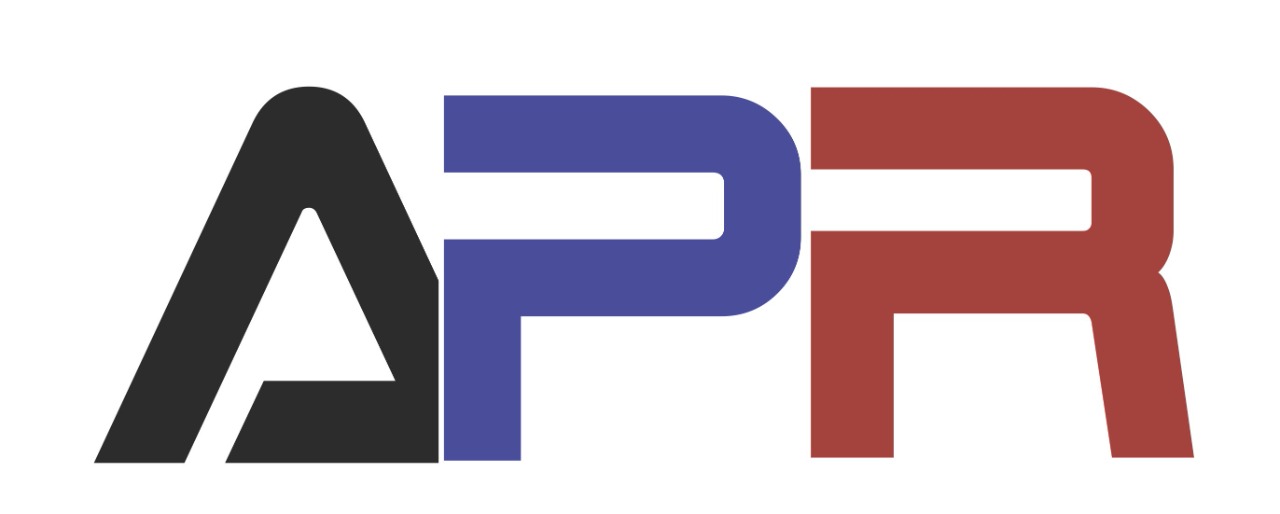M.Sunitha Reddy, K. Anie Vijetha 1
Abstract : Ibrutinib is an anticancer drug which binds irreversibly to Bruton’s tyrosine kinase (BTK) receptor that binds to a cysteine residue and inhibits BTK active site. Ibrutinib is used for the treatment of mantle cell lymphoma. Mantle cell lymphoma is a fast growing cancer which begins in the cells of immune system. It blocks the abnormal protein that signals cancer cells multiplication and finally stops dispersion of cancer. It belongs to BCS class II and a large percentage of drug molecules in pharma development pipelines can be classified according to the Biopharmaceutics Classification System (BCS) as Class II compounds (compounds having good permeability but poor solubility). Hence, it is prepared as lipid-based drug delivery systems with an aim to enhance its dissolution rate. The objective of the research is to develop Self emulsifying drug delivery systems (SNEDDS) of IBR. Screening of excipients was done by determining the saturation solubility studies in various oils, surfactants and co-surfactants by using HPLC. Capryol 90 was selected as an oil phase, kolliphor EL as surfactant and transcutol HP as co-surfactant due to their higher solubilization effect. The best composition of oil, surfactant and co-surfactant was obtained by aqueous titration method and further optimized bydesign of experiments. The formulations were prepared by cyclo-mixing and evaluated for particle size, zeta potential, poly dispersibility index, self-emulsification, in-vitro drug release studies and optimized formulations of SNEDDS. The optimized SNEDDS was composed of IBR (7.4%w/w), Capryol 90 (9.4 w/w), Kolliphor EL (66.5 w/w) and Transcutol HP (16.6 w/w). The ex-vivo permeability assessment and in-vivo pharmacokinetics study of optimized SNEDDS formulation showed higher than the pure drug

